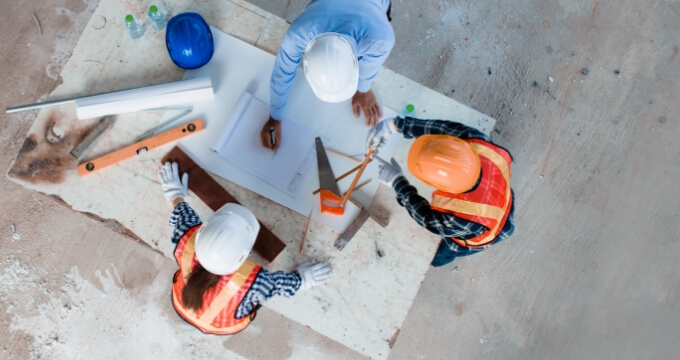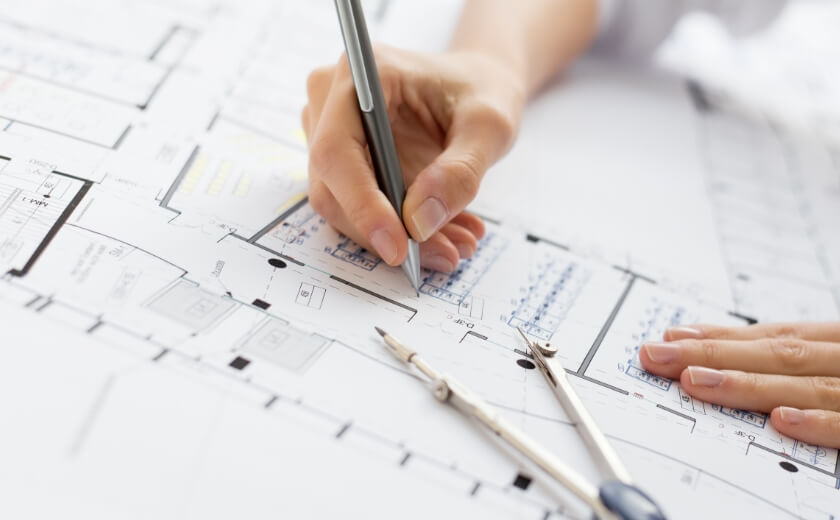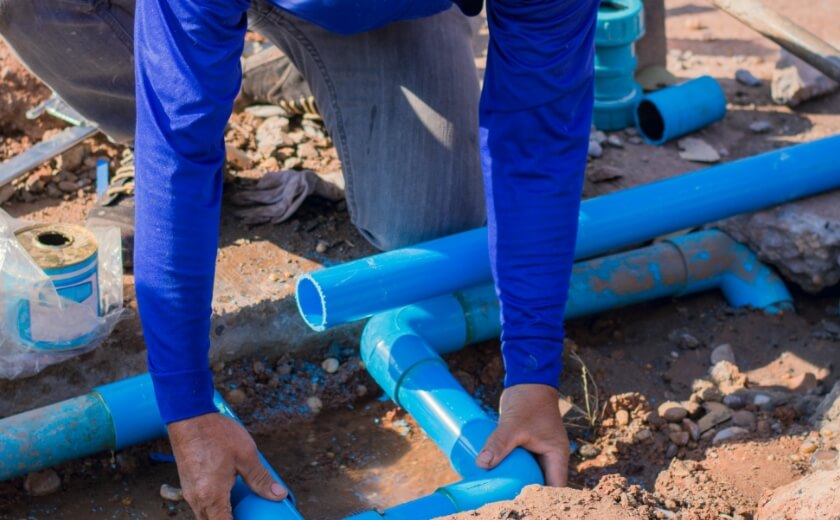Mortgage Funding
There are a wide variety of lenders prepared to offer mortgage funding and finance for self build projects. It is wise to obtain a range of quotes and see which one is most suitable for your project and your requirements. You need to ensure that you have sufficient funding available to complete the stage requirements. Check what, if any, arrangement fees are charged.
Within mortgage offers there are stage payment schemes that work in arrears, typically in stages: after foundations, at roof plate level, after internal walls and plastering, and finally on completion. With this type of scheme, you are only paying interest on the part of the mortgage you have actually used. There are also schemes that stage pay in advance by taking into account the land value and advancing against this - these can be handy if finding liquid funds to start the building project and the move to first stage payment level is going to be a problem otherwise. With this type of scheme there may be a mortgage premium insurance charge, so check what this may be before committing yourself.
It is a good idea to obtain direct quotations from prime lenders like banks and building societies to ensure you get a good cross section of the market prices and offers to compare.




